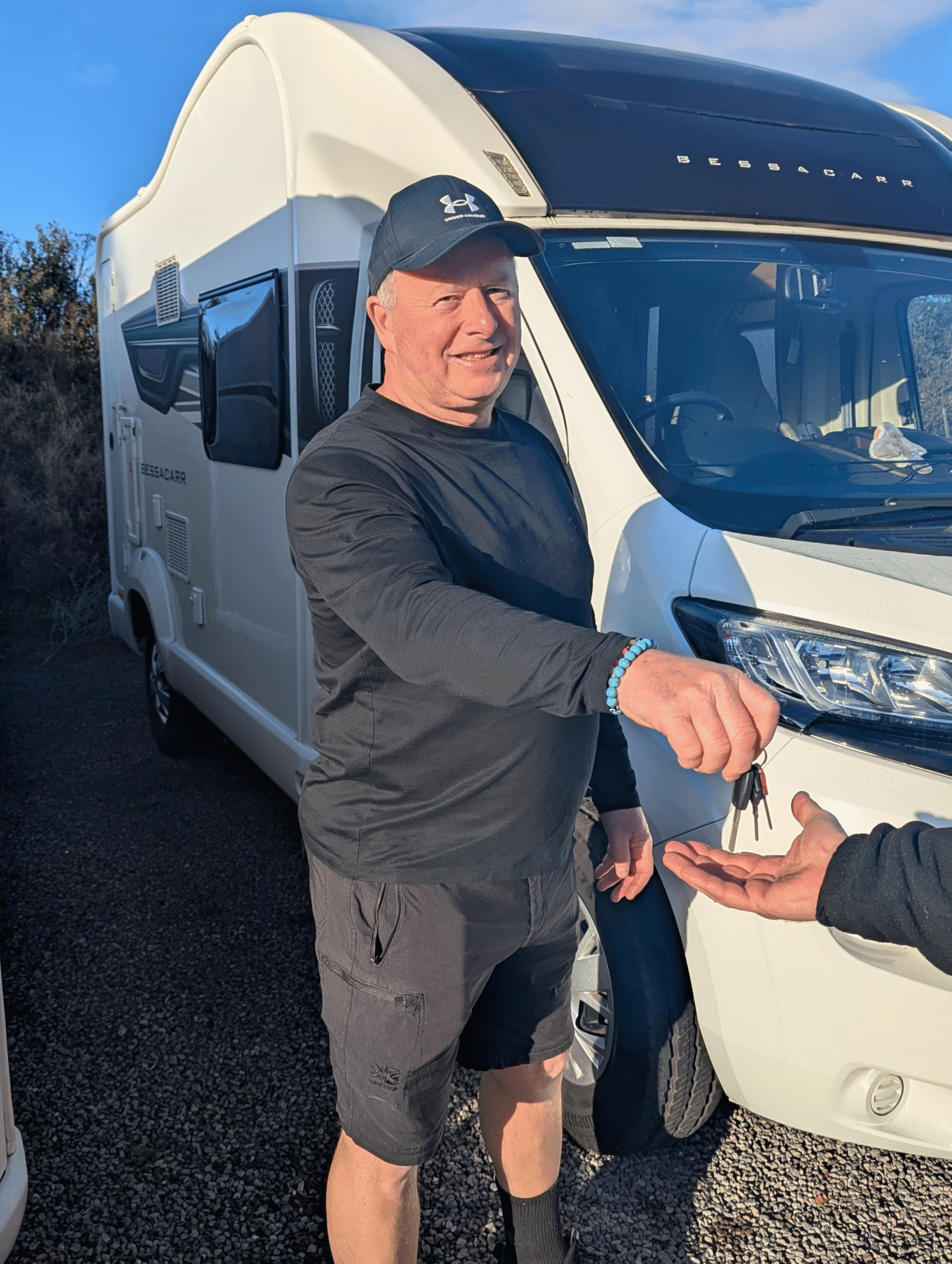At Bristol Caravans, our go-to lithium battery brand and the one we most commonly recommend and install, is Renogy. We particularly fit the REGO and PRO ranges, which come with a 5-year warranty when installed by Bristol Caravans, giving you long-term confidence and peace of mind. Renogy systems offer excellent integration into coach-built caravans, motorhomes and campervans, making them ideal for both touring and off-grid use. Their ecosystem of batteries, chargers, DC-DC units and inverters work seamlessly together, creating a reliable and future-proof power setup.
Renogy also provides clear and user-friendly monitoring, either through a mobile phone app or the advanced One Core monitoring system, allowing you to track performance and battery status in real time. You can read more about Renogy here: https://bristolcaravans.com/service/renogy-lithium-batteries/ In addition to Renogy, we also supply and install OFF-Grid, NDS and Roamer lithium systems, depending on your vehicle, usage requirements and budget.










